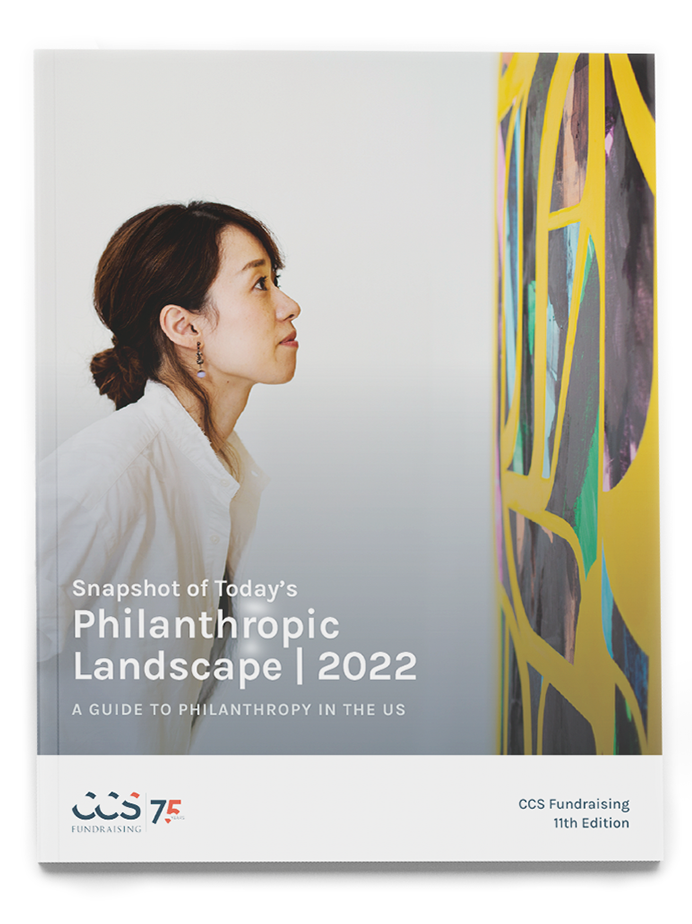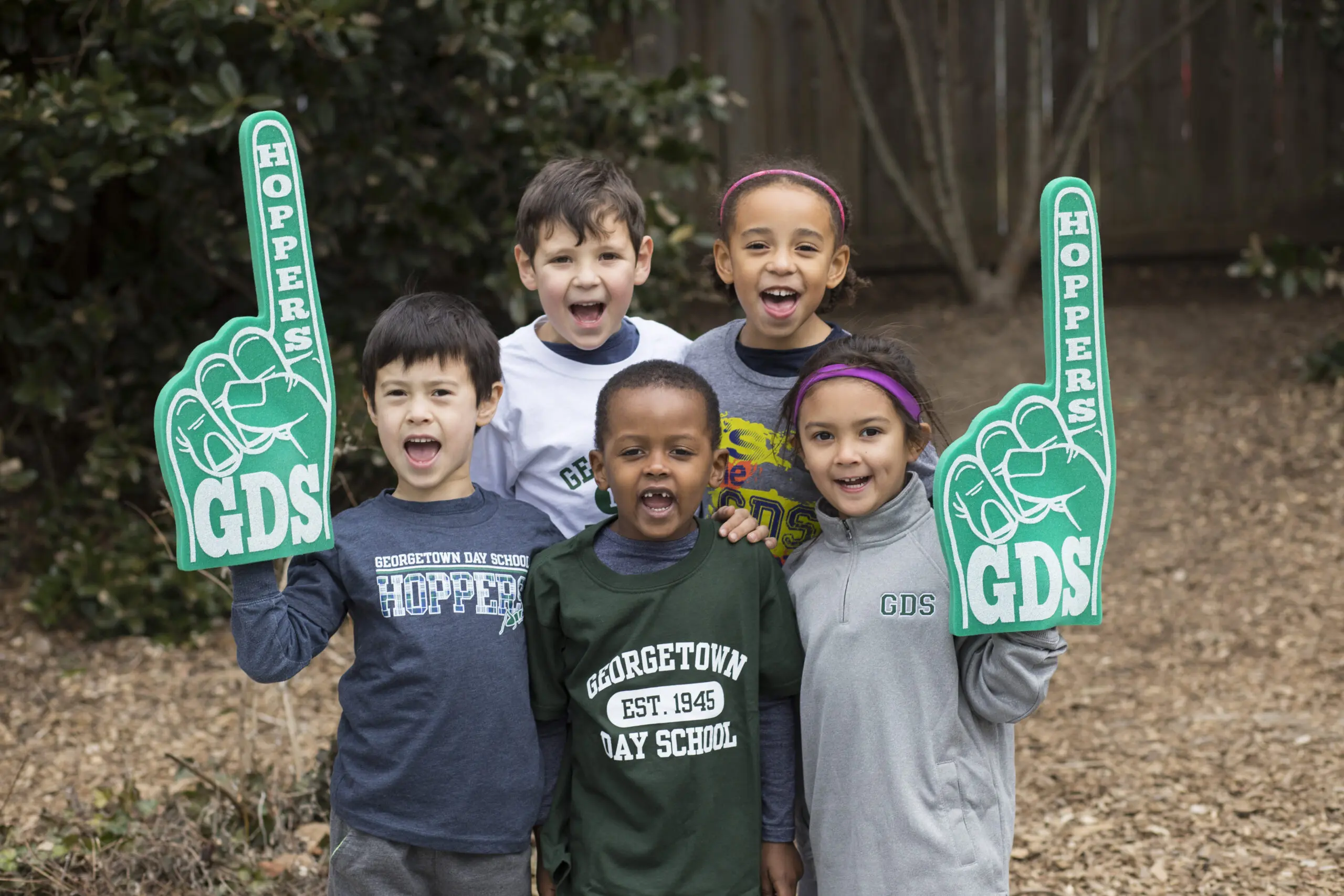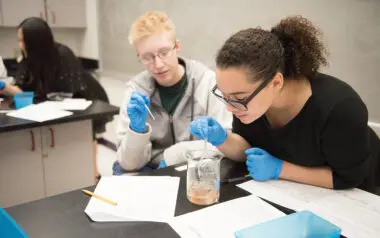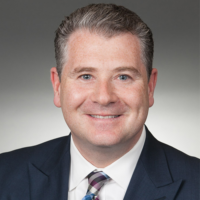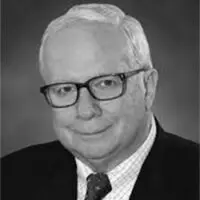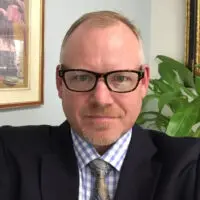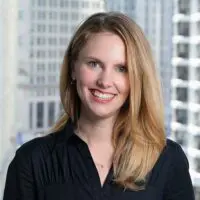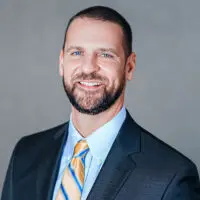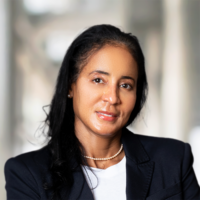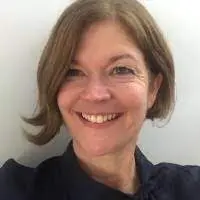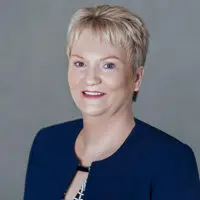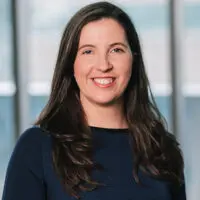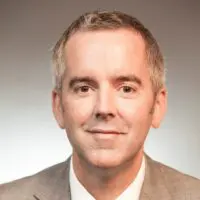Having a robust and up-to-date database can make a world of a difference in fundraising and stewardship. In an industry where fundraisers and development staff are competing for over $390 billion in philanthropic dollars, the opportunity is immense, and so too must be your attention to your donors.
Of the ten sub-sectors reported on by Giving USA 2022, 27% of those dollars were donated in support of religious causes, including Episcopal parishes.
While there are many ways to increase your stewardship potential, it all starts with your data:
- Who are your donors? (e.g., baptized members, community members, friends)
- What programs or initiatives do your donors support? (e.g., annual fund, property)
- How do your donors give? (e.g., online, plate collections, mail)
- What inspires your donors to support you? (e.g., religious “duty,” ministry)
To track this type of information, many parishes invest in donor databases that help them manage their directories and information on individuals who have been visited or require further contact by their outreach or welcome teams.
To store and manage this information, parishes, like most nonprofit organizations, recognize the value of a system more elaborate and comprehensive than an excel spreadsheet. But after that initial investment, and maybe a few weeks of user training, it can just seem easier to use the database like a spreadsheet after all: linear and disconnected from the process of stewardship. Only using the system for its most basic functions defeats the purpose of the investment and can bring parishes back to square one in regard to data.
It’s easy to see why this cycle repeats. Producing good data takes time, a deep understanding of the system, and requires effective management to create a process that gets you closer to your desired objectives. The good news is that there are big opportunities and untapped potential with a database that can do so much more than store contact and donation information. Most importantly, it can help you do your job of donor stewardship more efficiently. Those who expand their database usage see immediate results.
When your parish is focused on ministry, formation, and outreach, managing membership information is understandably not always a priority. Whether your parish is responding to a natural disaster, providing much needed support to a family who has lost a loved one, or celebrating the life and renewal of members and the community at large, you cannot justify substituting these priorities with minuscule administrative tasks.
In addition to the time investment issues that comes with learning a data management system, constraints could also be due to staff shortages or turnover, resulting in the frustrating loss of the investment your staff and vestry made to train users of the database. But despite any limitations, this institutional knowledge cannot be fully realized if you don’t know how to maximize the features in the database.
Identifying Preventable Errors
Many institutions within this sector invest in databases designed specifically for Episcopal parishes. While many parishes are effective at managing the basics such as contact and donation information, they do not always fully utilize the more robust features the databases have to offer. Because of this, common oversights emerge that can have detrimental results.
Something as simple as pulling (exporting) data from a system to create a capital campaign prospect list can quickly turn into a small headache. This occurs when appropriate filters are not applied, such as removing names of individuals who were under the age of eighteen or deceased. Imagine if during a leadership committee meeting, in a room with volunteers present, several individuals known to be deceased ended up on your donor list. These individuals are normally marked as deceased in a database, but if there is not a full understanding of how to use the query system, you leave yourself open to these kinds of vulnerabilities.
The solution can be as simple as checking a box: “Do not include individuals marked deceased.” This and other data mistakes are common with any database, but when your mission is that of a parish, these mistakes can be costly both financially and spiritually.
Another common example is the management of information on households and families. It is not unusual for spouses to donate separately or children to have separate accounts if they are baptized members when their parents are not. In one instance, an infant child ended up on a mailing list and this error was only noticed when the child’s grandmother approached the development team with mail addressed to her grandchild. It then became evident that there was no protocol for reviewing accounts that were missing date of birth or age, making it too difficult to filter out members under the age of eighteen.
Making Forward Progress
Recognizing the need for a checks and balance system, and protocols for how to manage information, many Episcopal parishes have expressed an eagerness to address these issues. In one example, a parish formed an informal group of church members to review the directory and mail lists. Hearing there was a need for something other than asking for money, volunteers began to stop by the office to review the prospective campaign and annual fund donor list, providing the type of information that fundraisers and development staff find invaluable when building an effective program:
“These individuals should be asked for more.”
“These families have to be approached by the Rector.”
“This family is my next-door neighbor, let me talk to them.”
This kind of collaboration will always lead to a healthier database and often more fully involved parish members. Beyond the membership directory and donor lists, other potential donors who are lapsed, or are not official “members,” could be identified as prospects who have a strong affinity to the work of the parish and could demonstrate a higher likelihood to support the mission.
If your parish is facing a similar issue, it’s important to know that it’s never too late to maximize your database. Trusting your own data, and how you use that data, can make a world of a difference so that you can continue outreach with confidence. Once you have a system established to review your data, you can begin to focus on maximizing features you are paying for in your chosen database.
Four Ways to Start Maximizing Your Database’s Potential
- Form a committee to review and audit the membership directory and contact lists annually. This can start with your welcome committee and be supported by your ministry programs and clergy.
- Take the time to learn about your database. What are the strengths and weaknesses? What features does the database have that could replace intensive and timely manual work your staff is doing? (e.g., producing mail lists, segmentation of annual fund donors, integration with online church directory systems).
- Invest in staff and volunteer training, and budget this training annually. Database features are always improving, sometimes because of scheduled maintenance and other times because you asked for a new feature.
- Document your best practices. If the features of the database don’t exactly meet your objectives, find a work around, and document those processes so in the case of turnover, nothing gets lost in the transition.
Information is always changing, but having a plan in place to review and update your data, and investing the time to learn your database can be the difference between meeting fundraising goals and exceeding them. While the data doesn’t update itself, allow your database to help you reach your full potential.
More Insights
November 24, 2025
Giving Tuesday can be an effective fundraising tool with the proper planning and strategic approach.
October 28, 2025
This report examines how donor-advised funds (DAFs) respond when nonprofits face financial strain with cutting-edge data from across the U.S.
